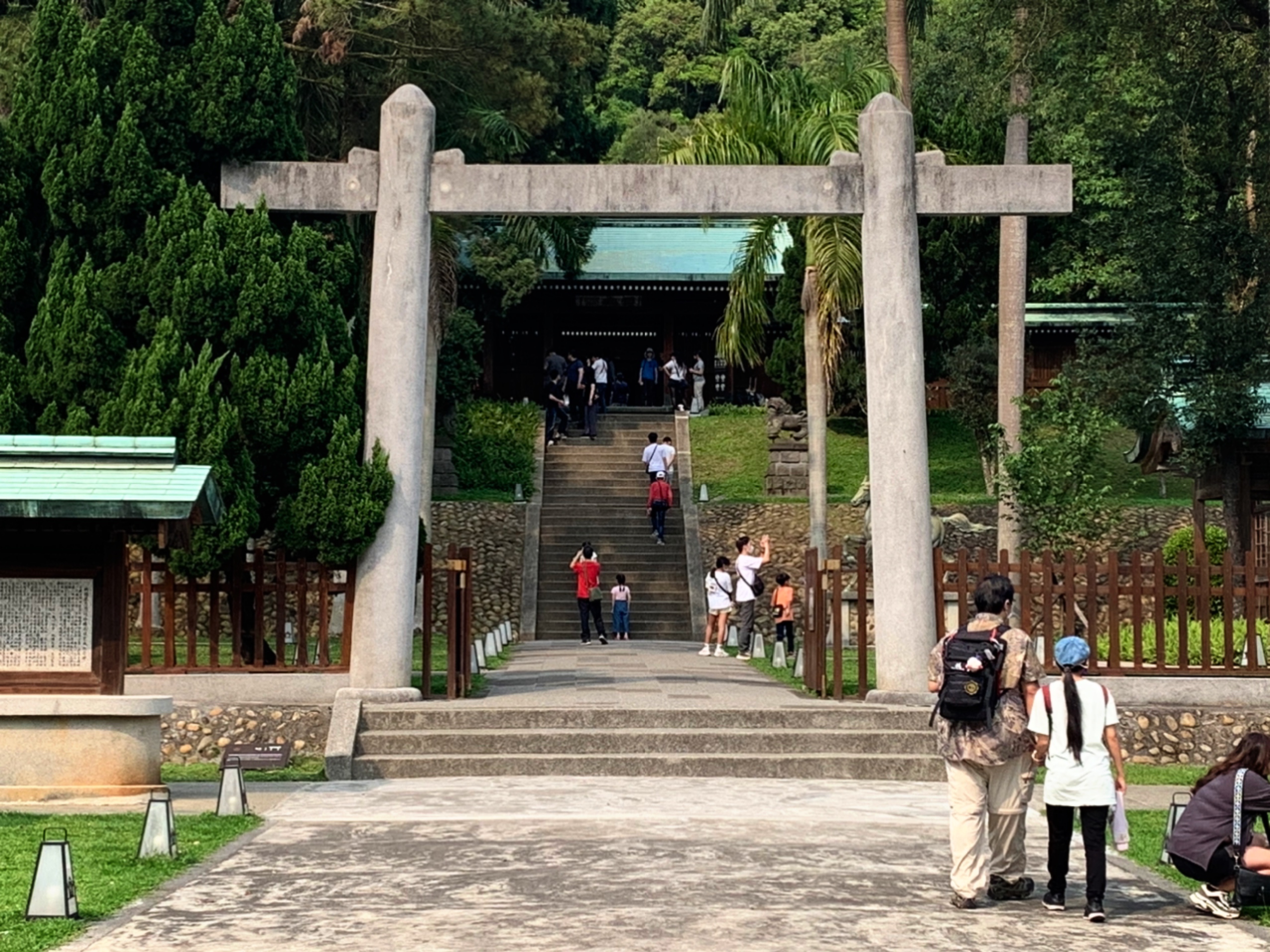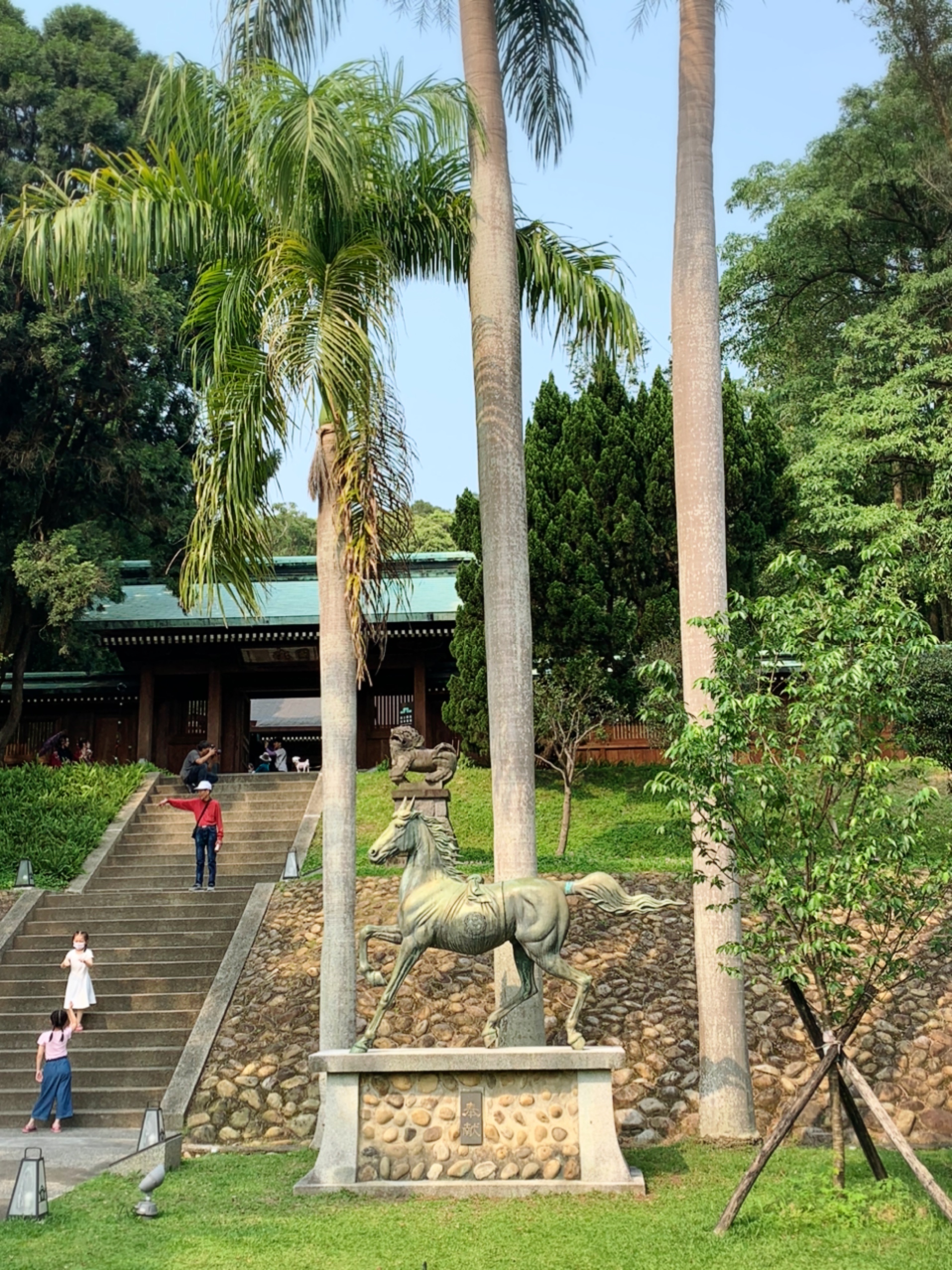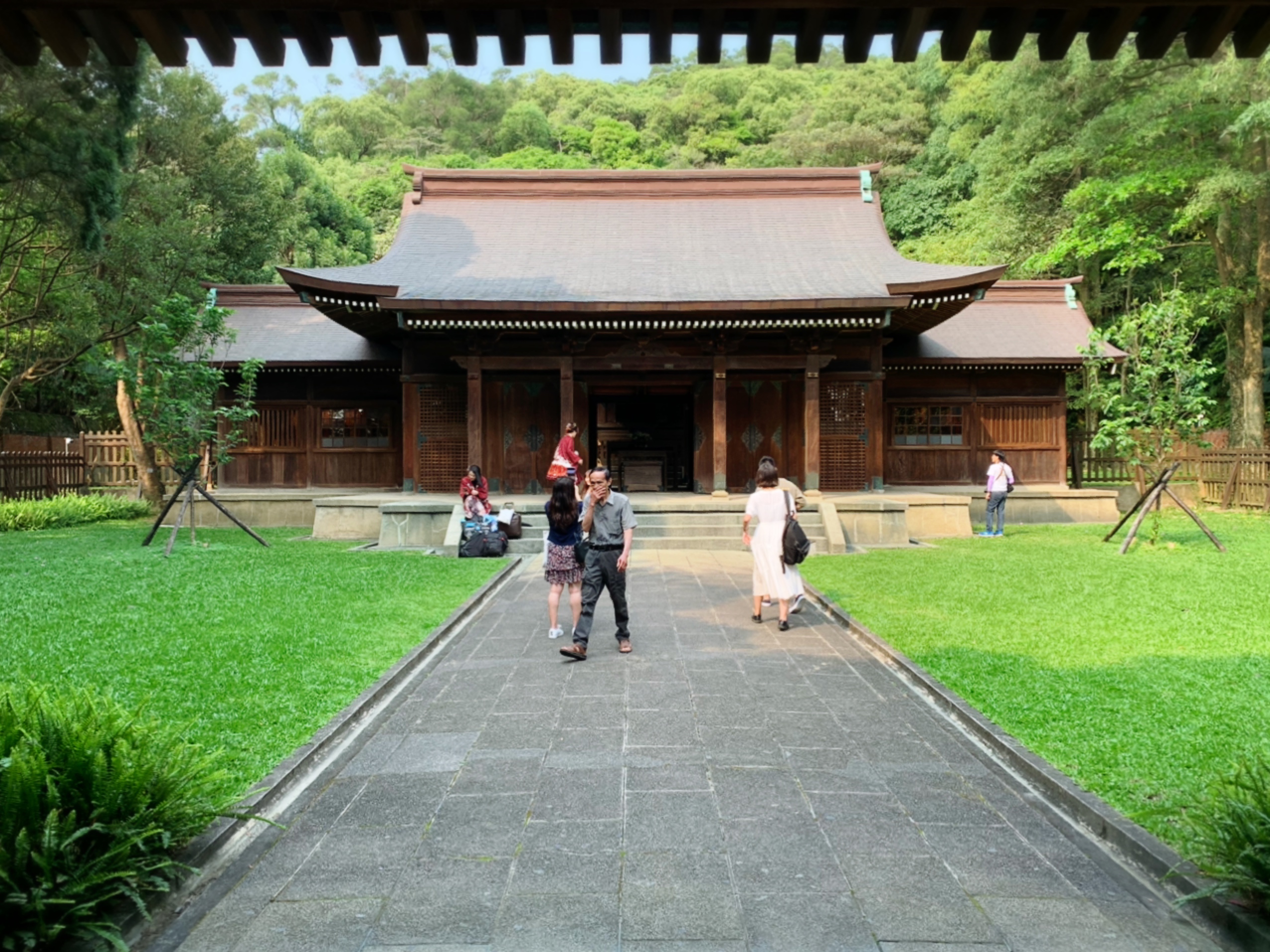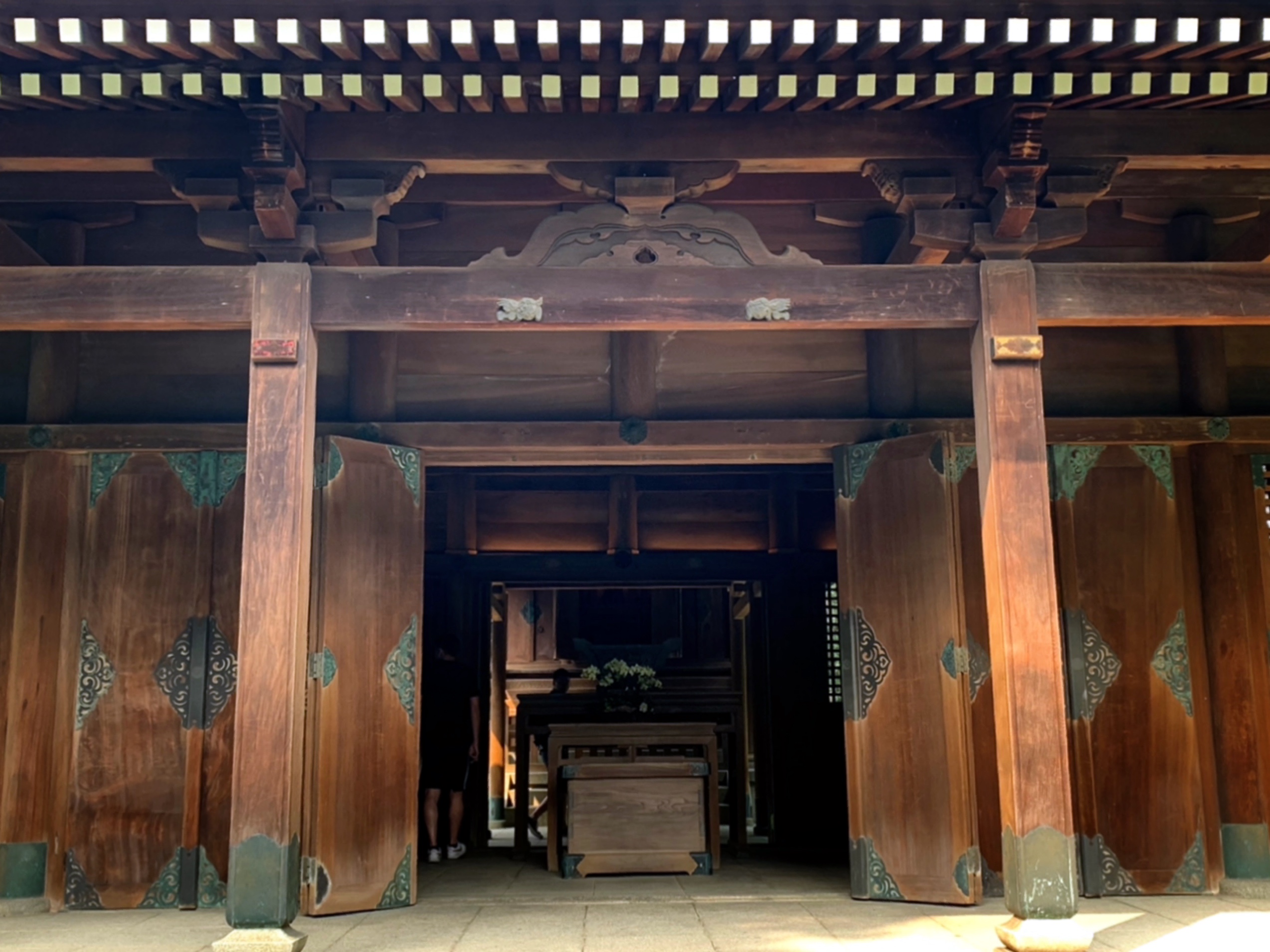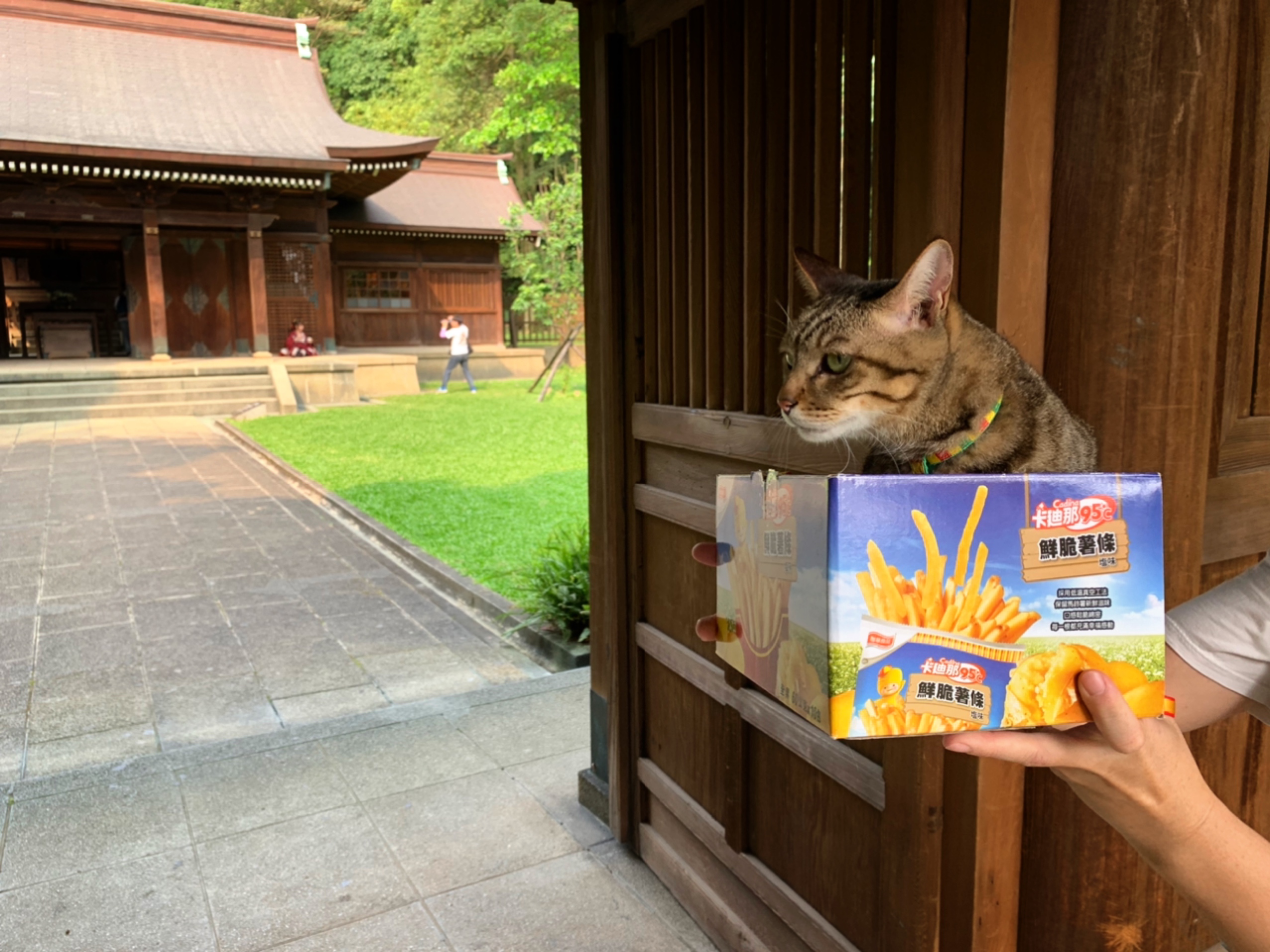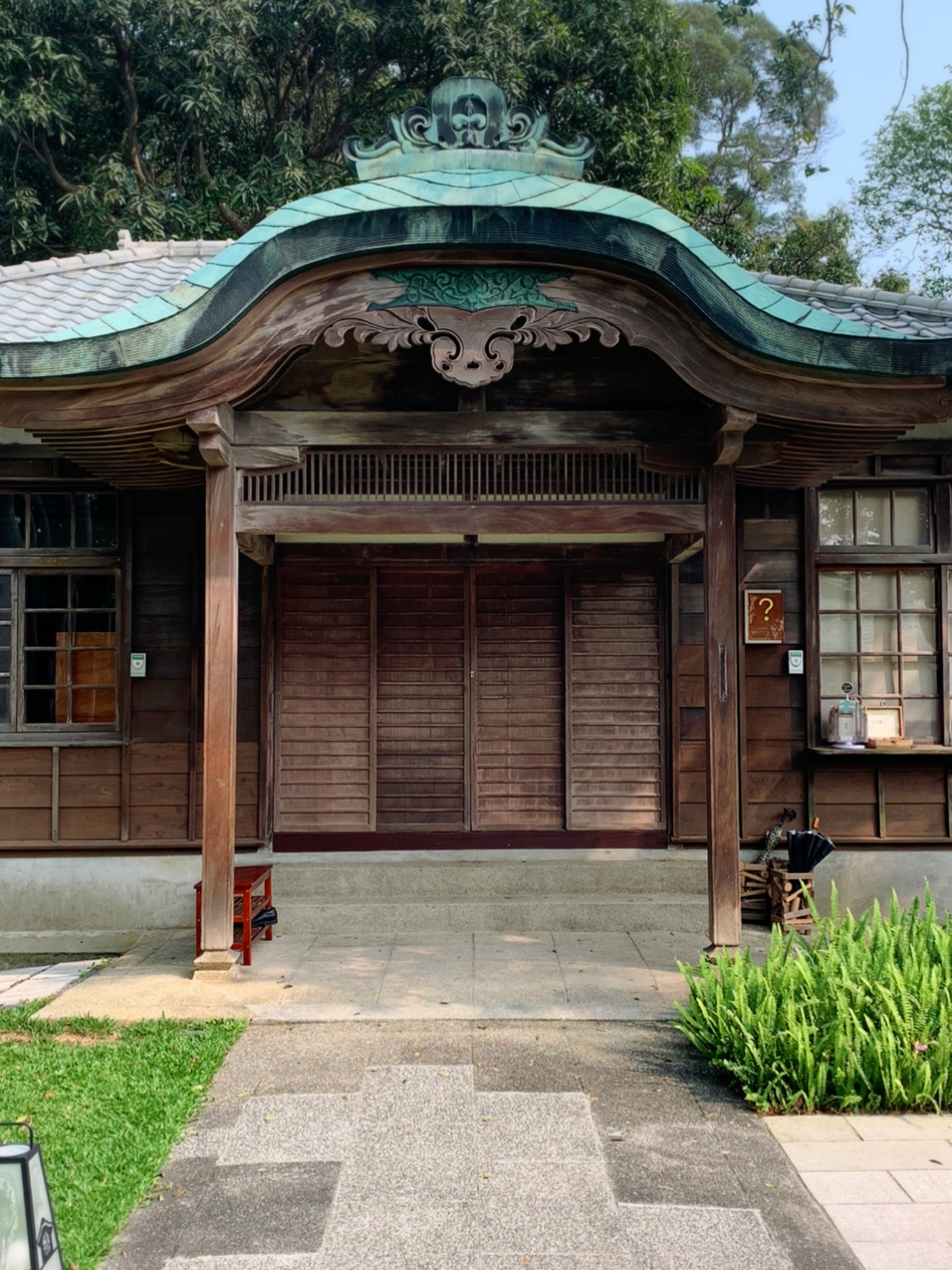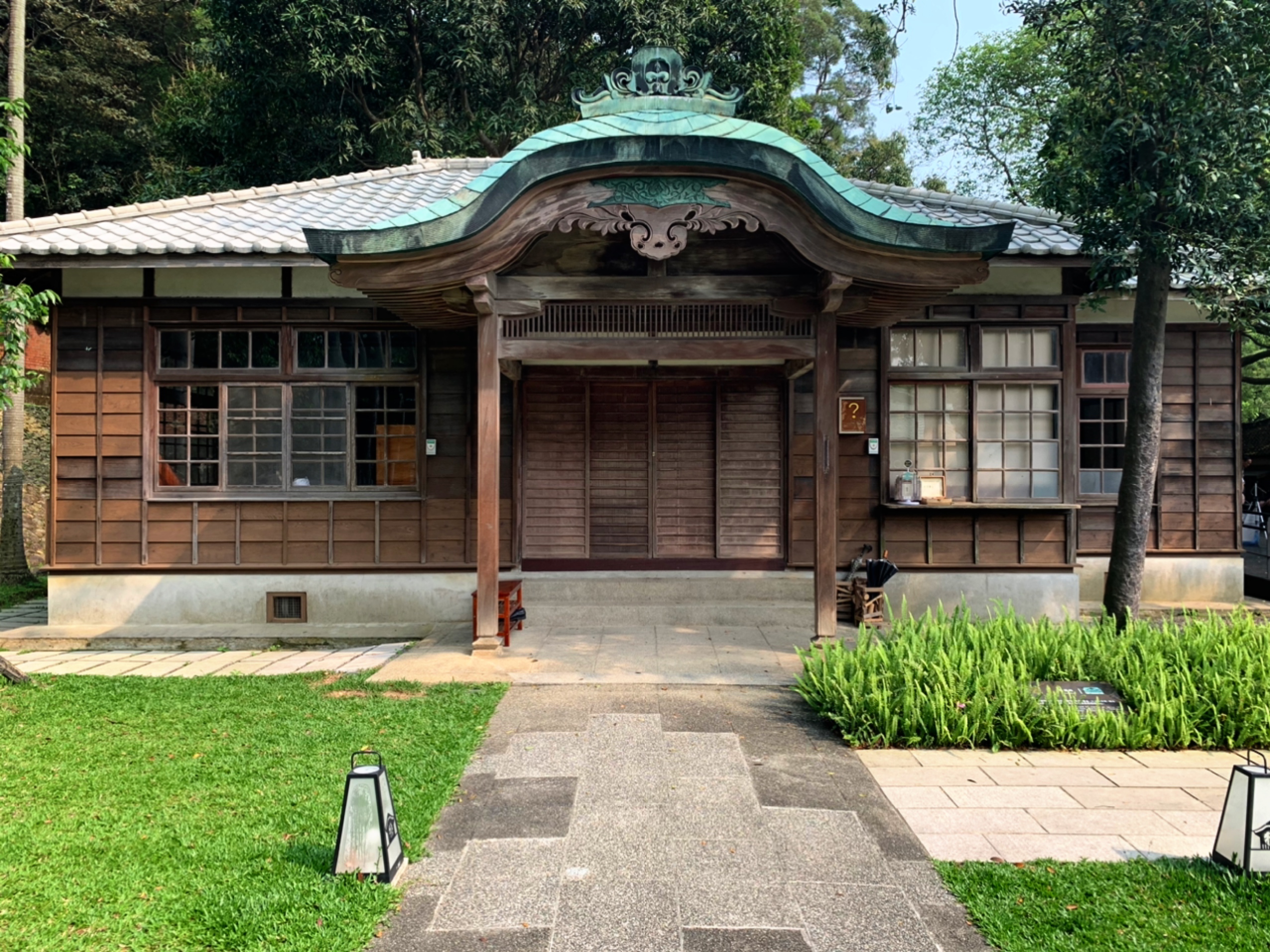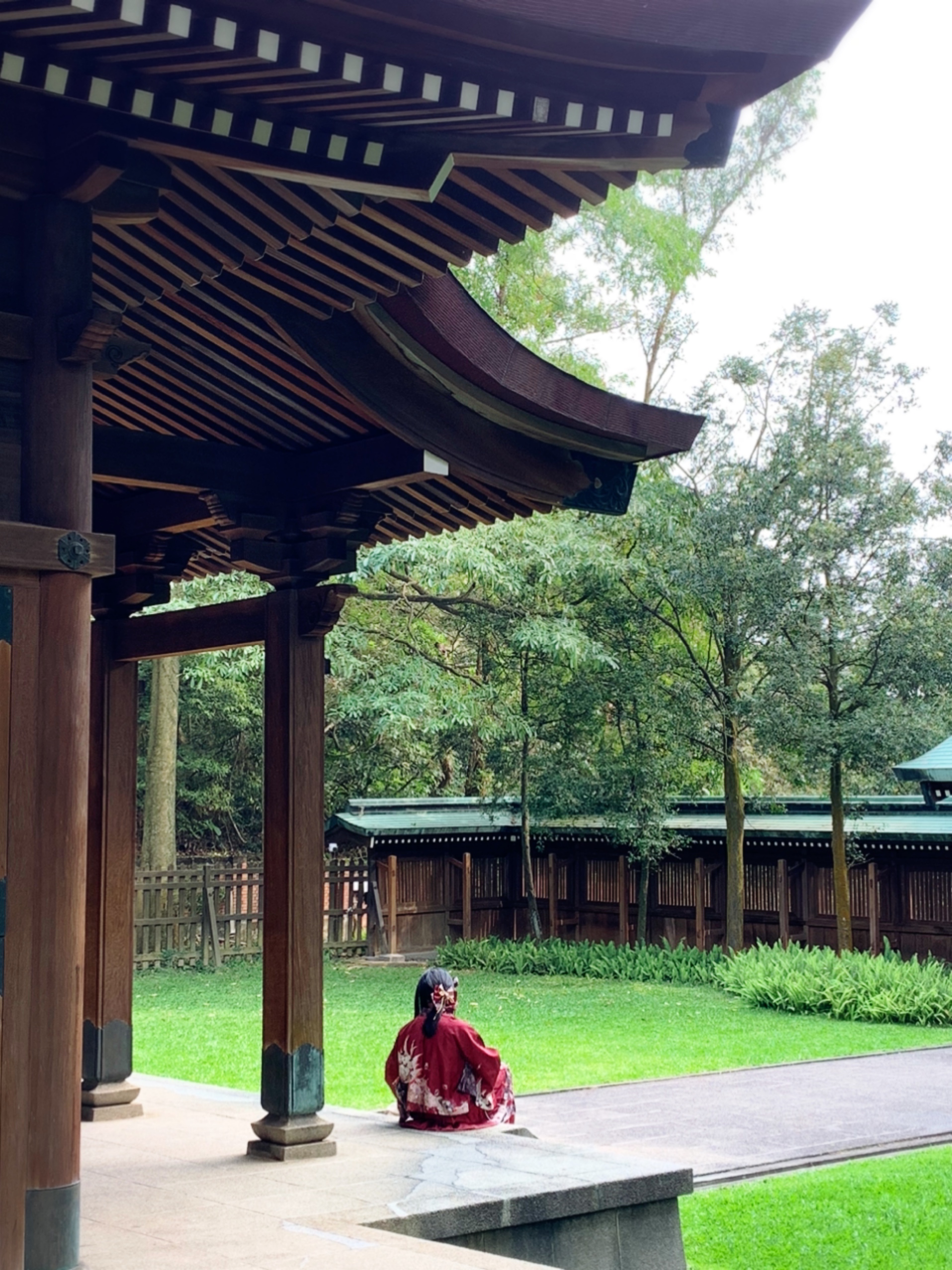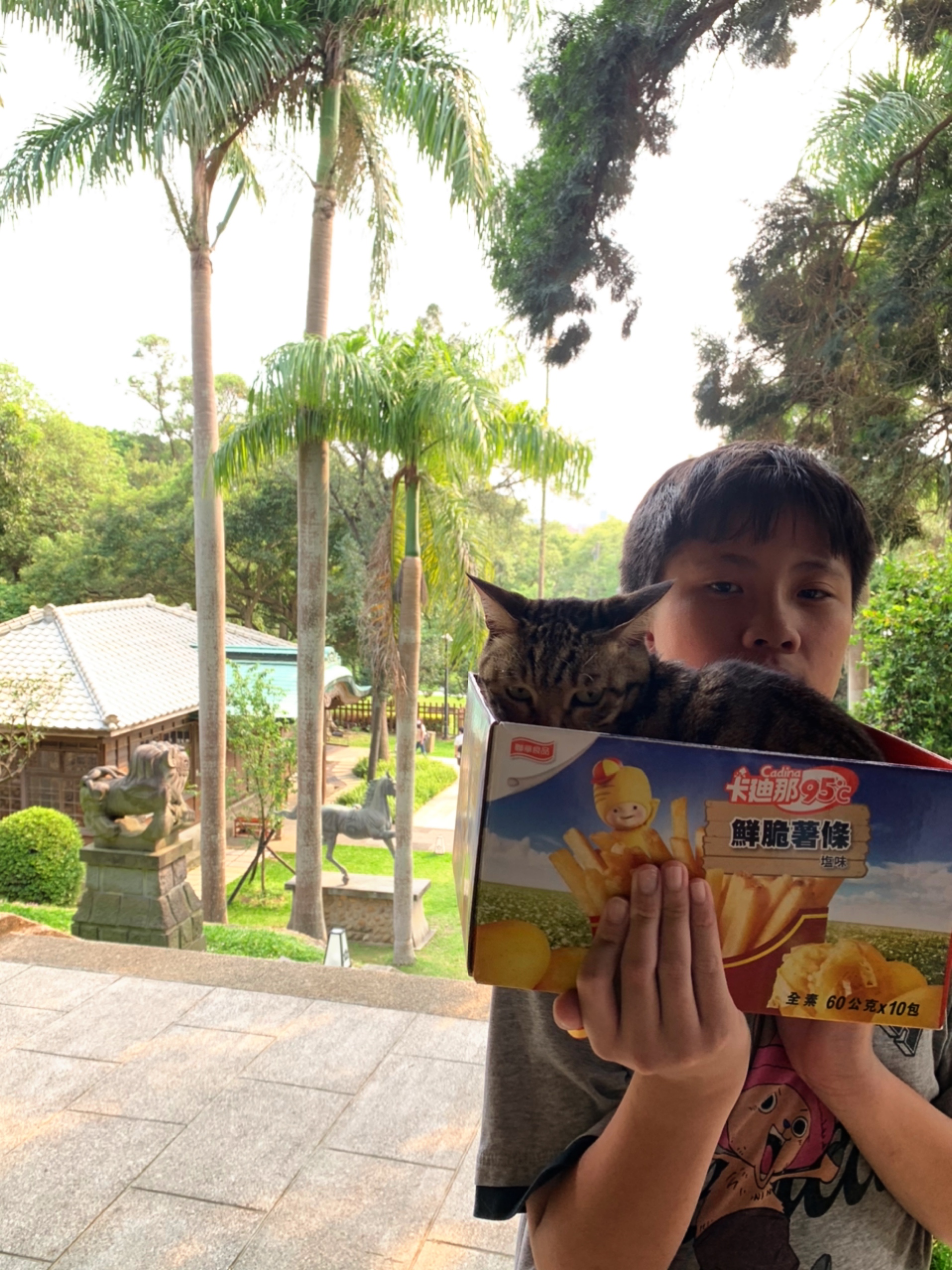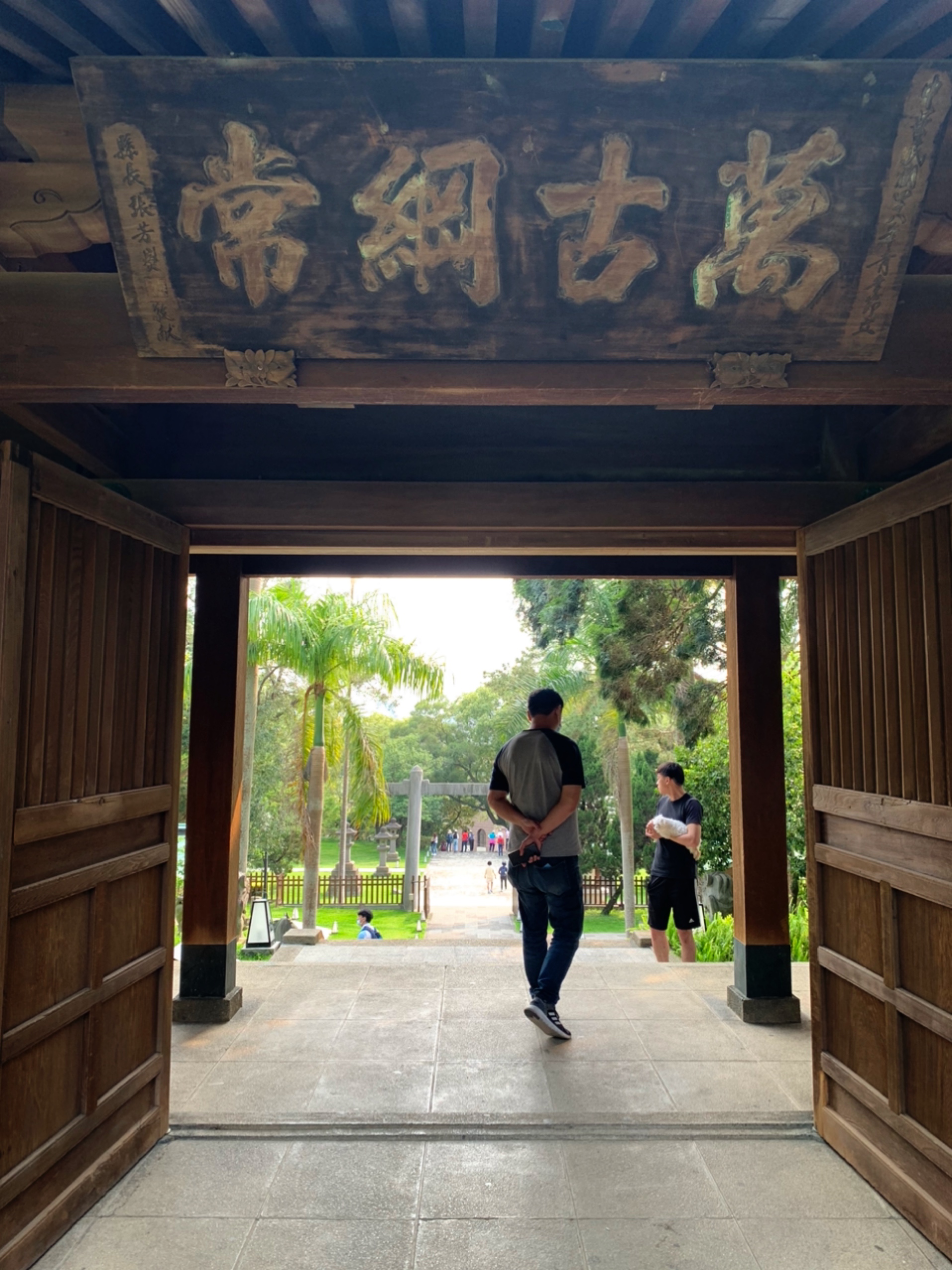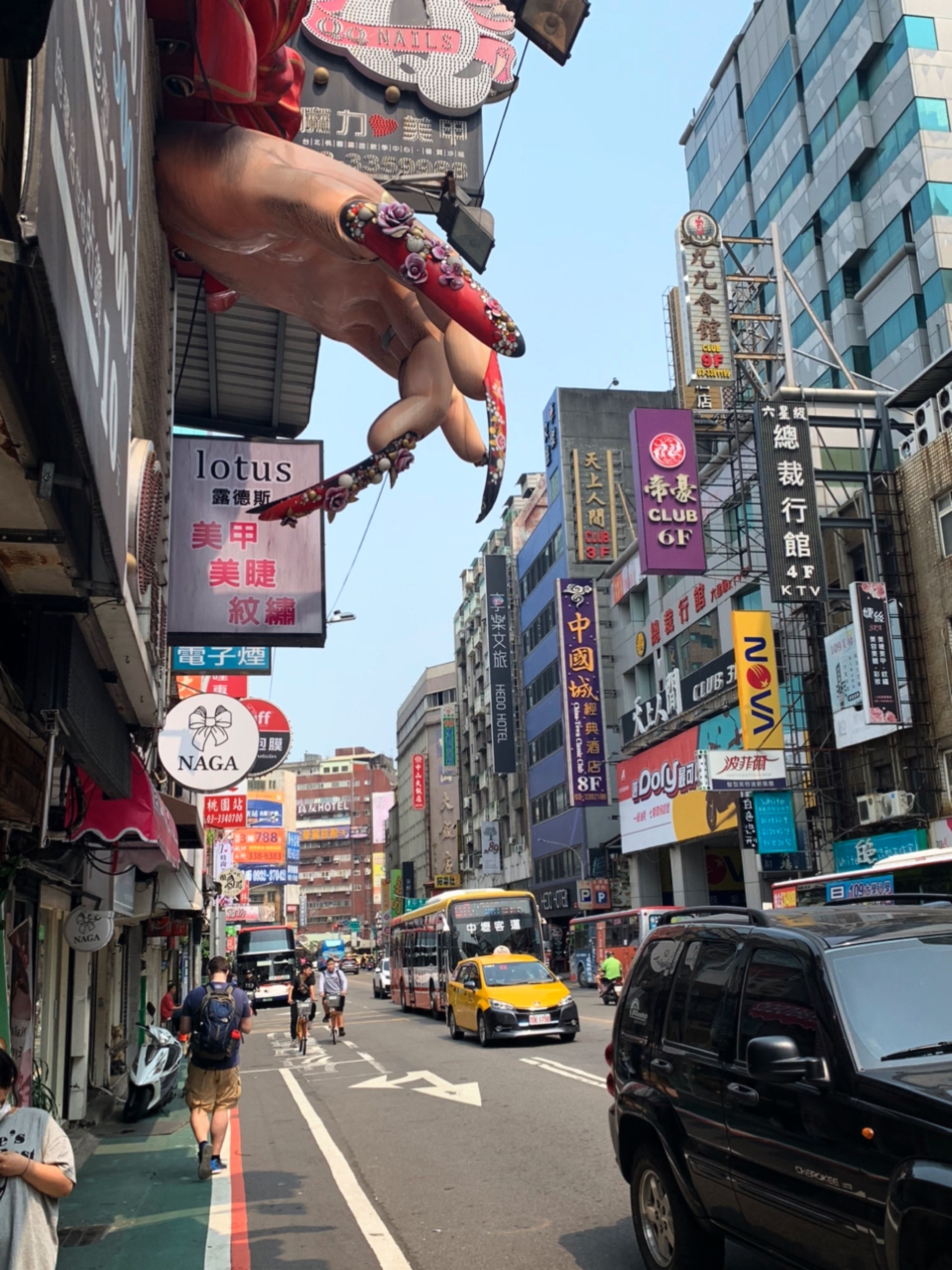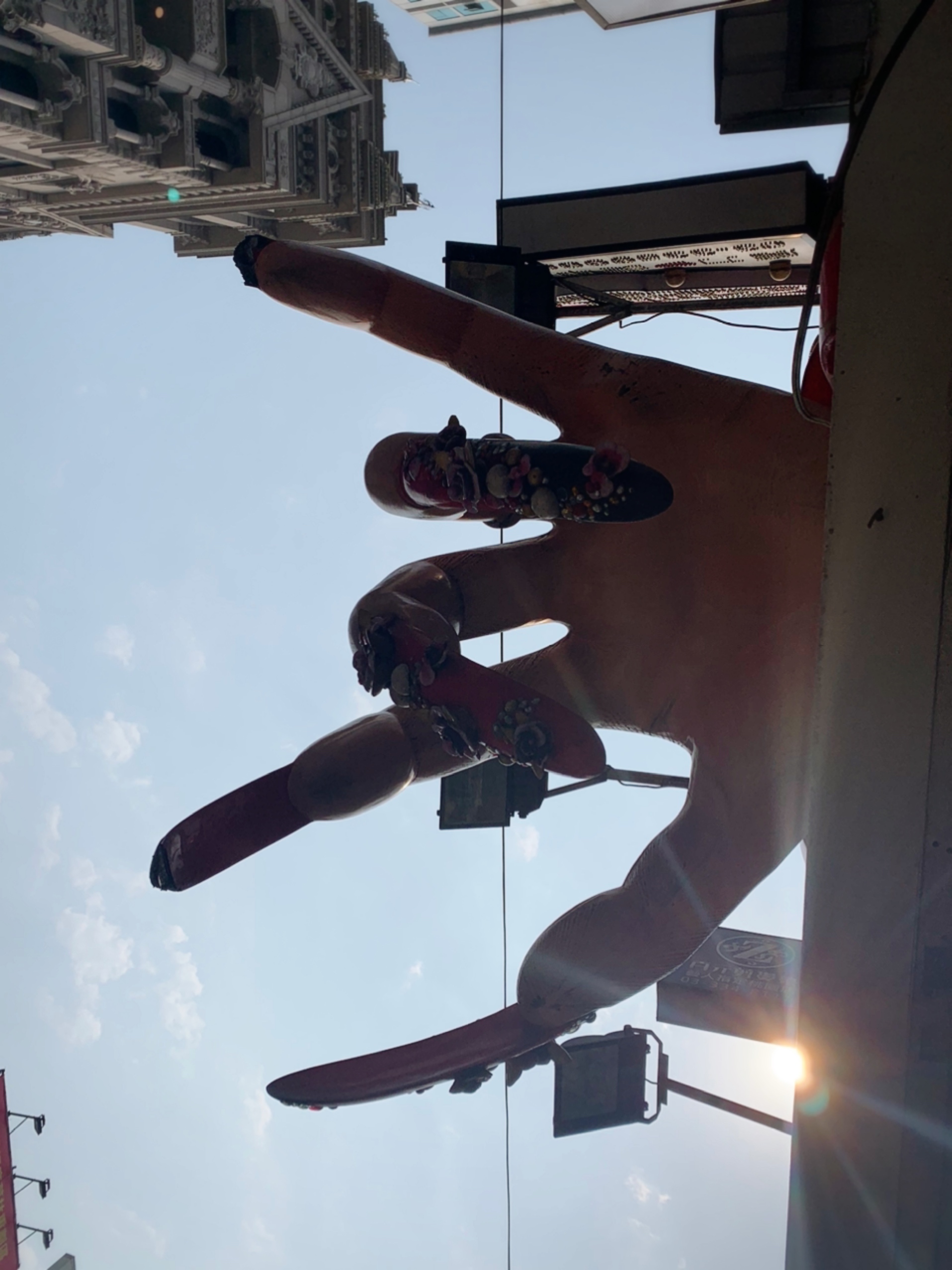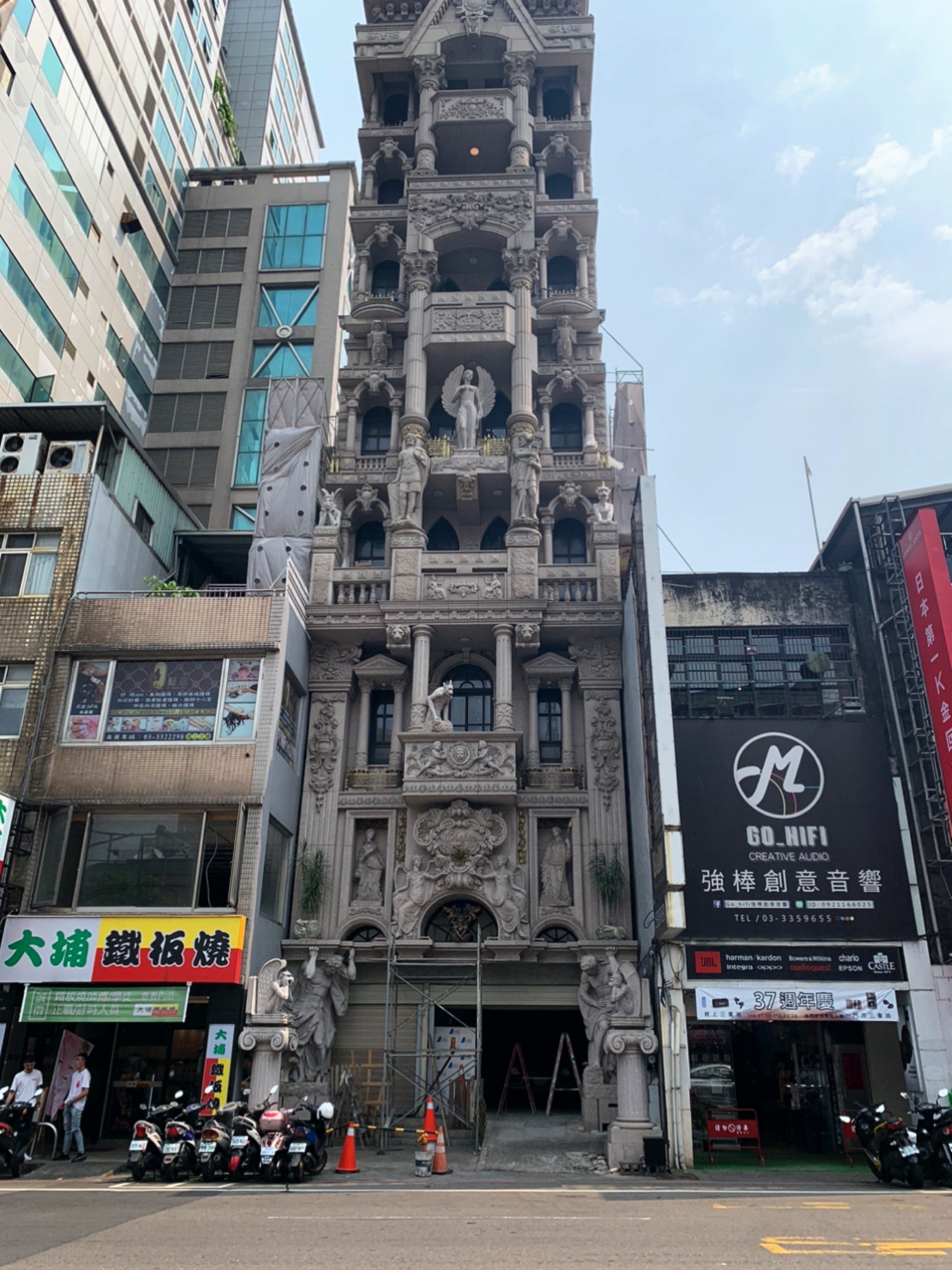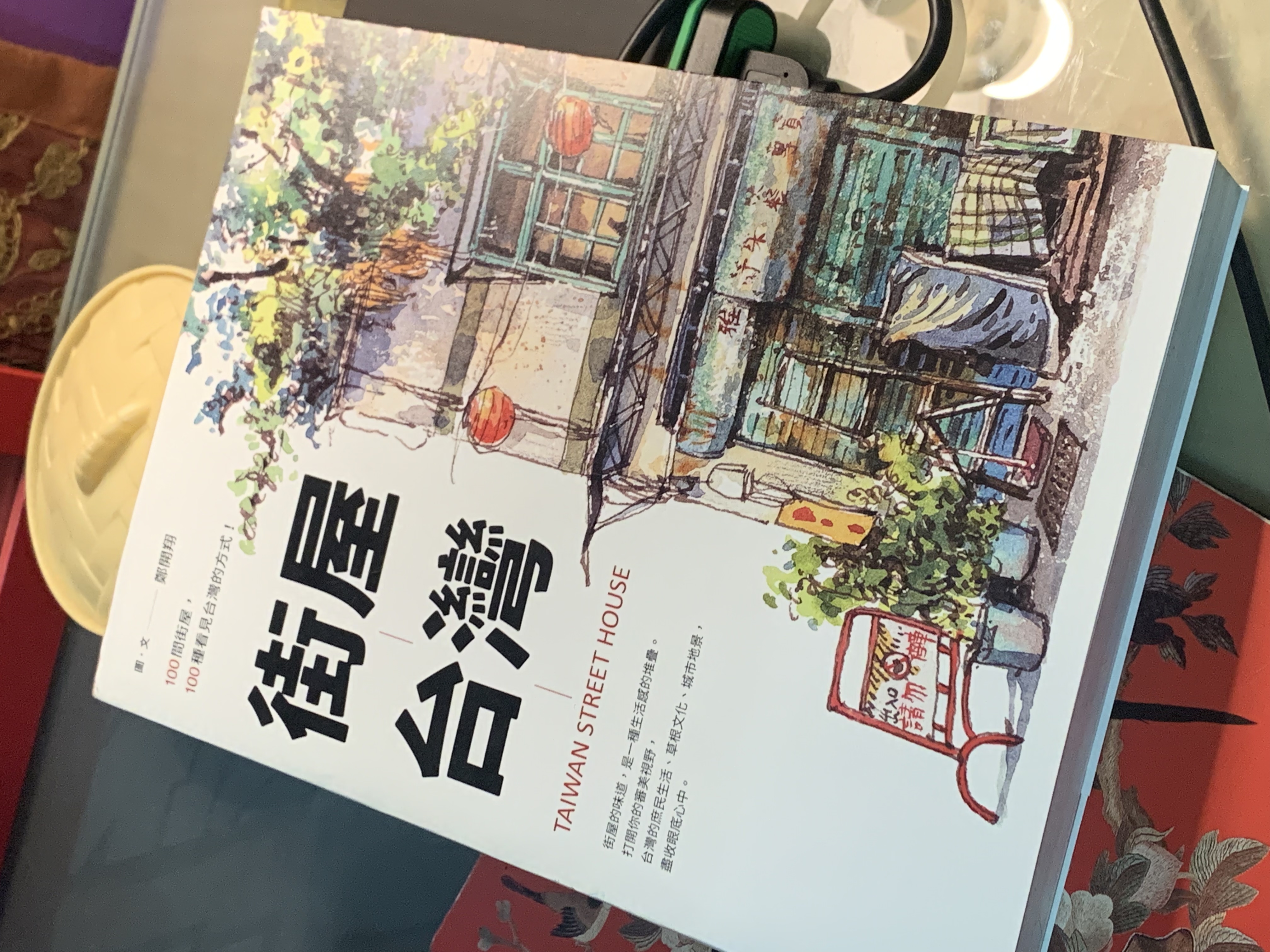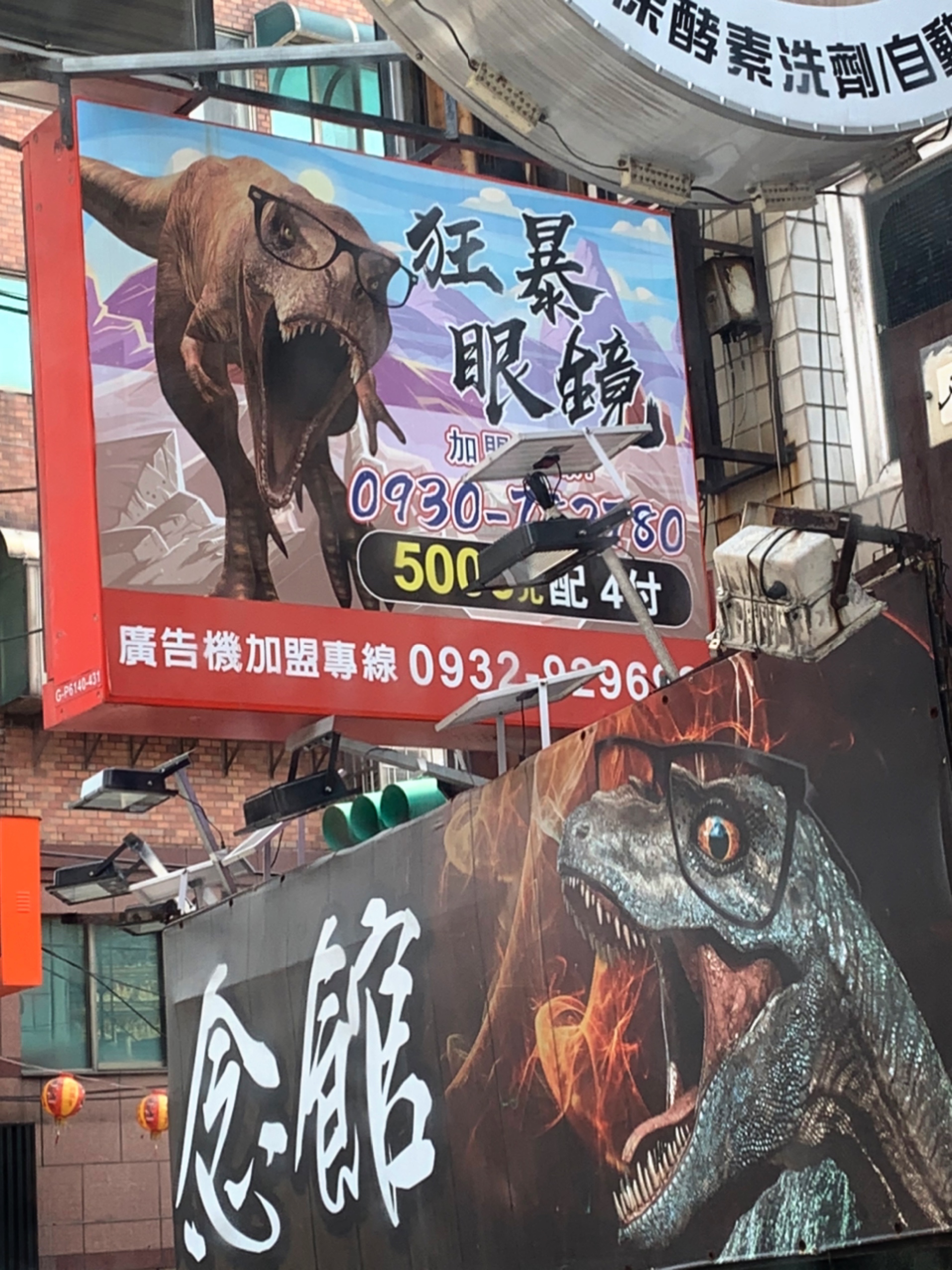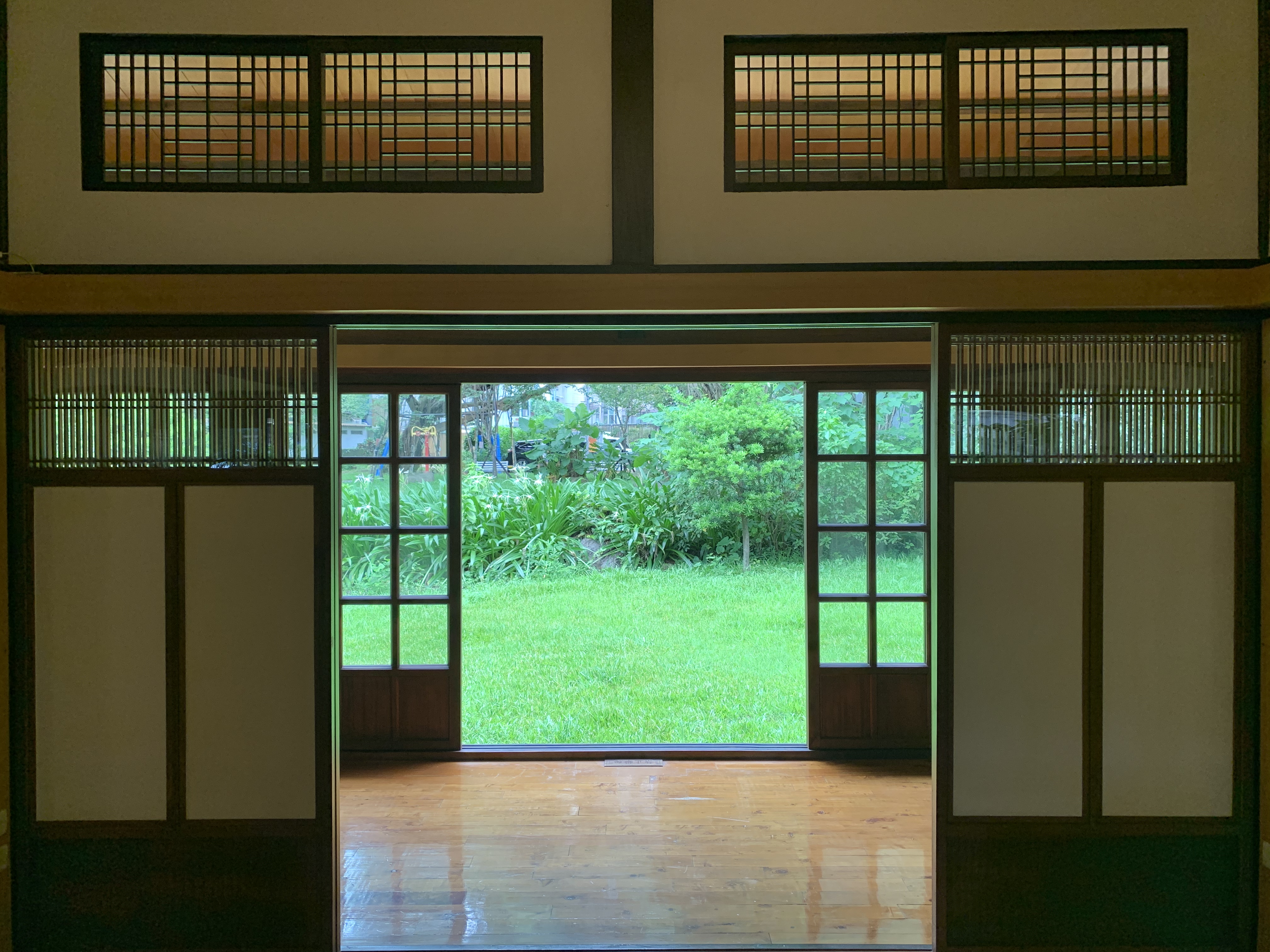
A doorway to the green...
There was an interesting Taiwan This Week...this week, where the debates over economic stimulus were discussed with Donovan Smith and Michael Turton.
(That might be the most boring sentence I've ever opened with in the history of Lao Ren Cha, but bear with me).
The DPP wants vouchers, very much like the ones given out last year where you'd pay NT$1000 and get NT$3000 worth of vouchers in return. The new round would be the same, but raise the payout from $3000 to $5000. The $1000 is likely to be waived for economically impacted, low-income or disabled people, and they seem to have already decided that APRC holders will be included as well as the spouses of Taiwanese citizens, the latter having always been included in such schemes.
Interestingly, the KMT has been saying the program would be better implemented if cash payouts were offered instead of vouchers. From the Taipei Times:
Since the detection of a local COVID-19 outbreak in May, many restaurants and food stalls have been forced to suspend business, and some have closed permanently, Chiang said.
Individual workers are also struggling, he said, adding that public opinion on a universal cash handout scheme was “clear.”
Two-thirds of people want such a program, he said, citing the results of a poll released on Friday by the KMT-affiliated National Policy Foundation.
The economic benefits of last year’s Triple Stimulus Voucher program, which allowed people to purchase NT$3,000 of vouchers for NT$1,000, were not good, Chiang said.
Moreover, the distribution of the vouchers created “chaos” and increased costs, he said.
Briefly, he's right that individual workers as well as business are struggling, but doesn't provide a clear line of reasoning from that to using cash (there is such a line, but he doesn't appear to offer it). The poll numbers may well be somewhat correct, but he's citing an unreliable poll from an KMT-affiliated foundation, so it's hard to say.
The claim that the first round of vouchers didn't work is dubious at best: I don't think we know yet whether they worked, but we do know that Taiwan's GDP jumped in the months when they could be obtained and spent, and that Taiwan's overall 2020 growth outpaced China's (well, according to reported data, which is not reliable for China) and was the best in the developed world. We may not know if they helped, but we know they didn't hurt.
The closest we can come to figuring this out is to look at an earlier stimulus voucher program, implemented by the KMT at the beginning of Ma Ying-jeou's first term. One paper -- the only one I could find in the limited time I have to write this -- claims it had little or no effect (that link goes straight to a download and I haven't checked the reliability of the paper). But, the circumstances were very different. New president in power, no pandemic -- although there was a big economic downturn which arguably slammed Taiwan harder than coronavirus, economically speaking.
Did it create "chaos"? I didn't see any. What chaos? Would you like to be more specific, Johnny? Taiwan was probably the least chaotic country in the world in 2020. What are you talking about?
Did it increase administrative costs? Yes, but I would guess not by a huge amount. Cash would be less administratively burdensome; that's a valid point. But, was it prohibitively so? I don't see any real evidence that it was.
Here's what's more interesting. I've buried the lede and I apologize. It's a bit rich for the KMT to be banging on about offering cash now. As I mention above that the last time the KMT had power, their economic stimulus program was also voucher-based.
Why are they so against it now, when the Tsai administration plan is just a fancier version of the Ma one? (There are some differences: Ma's plan did not require an NT$1000 payout, and had fewer restrictions on how they could be spent.)
I'm sure they could come up with some reasons that didn't reek of hypocrisy: that people waiting in line to get the vouchers could cause outbreaks (there was no pandemic in 2008-2009), or that the restrictions make it harder for the working class to use them as they'd like (true enough). But they seem to be going for plain old "forget history, we favor cash and we've always favored cash" politicking over actually trying to make a good case.
To be fair, the DPP didn't seem too fond of vouchers in 2008 either -- lashing out at the KMT for it -- and yet here they are, doing vouchers. It's almost like the two parties actually agree on a bunch of stuff but just can't admit it for political reasons, even if not everything they agree on is actually a good idea.
It's worth pointing out that they can be hypocrites too, and as a result each side keeps saying the other is wrong, but then recycles many of their ideas anyway.
That said, there's nothing I hate more than bad argumentation (okay, I also dislike late-night half-assed Marxist "analysis", but I can forgive it if the person doing it is otherwise cool).
If you thought I didn't respect the KMT because of all the mass murder and colonialist brutalizing...well, that's true. But I also don't respect them because even when there's a good argument to be made for whatever they support, they don't bother to make it. They literally just bend over, drop trou and show their whole ass. Administrative costs? You guys are the absolute kings of administrative costs, and you were during your 2008 voucher program too! Individual workers? Good point, but since when has the KMT been the party of the working class everyman, not the "my parents were born in China and maybe reported your parents to the secret police" princelings?
Do they even know how to do politics responsibly? It seems not.
Oh, and the People First Party under James Soong has argued for checks. That's cute. My reaction to this suggestion can be seen in the visualization below:
"Checks? Okay grandpa."
In a "gossiping over wine voice": Checks! Could you even imagine?
One case for vouchers is that they won't increase inflation. But, I don't think the amount of money would be enough to do this, as Donovan points out on Taiwan This Week. I do think the "waiting in line" aspect could be an issue, as both point out. I do think people can be trusted to use the money in a way that best suits them. However, under Ma, people socked away extra cash and used the vouchers to pay for their regular purchases. So, vouchers don't necessarily solve that problem when you want to stimulate the economy, not bump up people's savings accounts by a fairly marginal amount.
Frankly, this is probably what the restrictions on what they can be used for are trying to prevent: if you can't use them to pay most bills, but only for consumer goods, you might use them to buy food but you're less likely to save an equivalent amount, and you might be tempted to treat yourself especially if you've had a hard time during the outbreak.
I do tend to agree with Michael that this is just another flashy program covering up the lack of a strong, comprehensive social safety net.
Basically, the question is: what is the goal of the Tsai administration? There are two possible objectives: helping those who've been hard-hit by the pandemic (which a series of relief measures and subsidies also do), or stimulating business and getting people back in stores. Honestly, they probably want to do a little of both.
If the former, cash payments would be the better choice as struggling people would be free to do whatever they wanted with that money, and they know their own situations best.
If the latter, vouchers make sense. It's the most likely way to push people to go out and shop for consumer goods. It's not a bad goal -- such businesses have been hard-hit, especially restaurants, and the faster they can recover, the more people they can employ who might be temporarily out of work. And it does indeed seem to be the priority. There tends to be an assumption in government here that for the very poor, they can and should turn to family to help them out in times of need. Broke as a joke? Go live with your parents!
That sometimes works, but it often doesn't. It would be better to update our understanding of how family may not be an option for some struggling people.
I would posit, however, that this wouldn't be the same discussion if Taiwan did have a real social safety net. So perhaps rather than arguing over vouchers or cash, we should get on that instead. (It's still okay to laugh at checks though. Checks!) And, of course, the foreign community should have more access to them: it would be better for businesses that cater to the Southeast Asian community for sure if more of them could get vouchers, and it might help rouse more discontent over the fact that many are still being locked in their dorms in an extremely racist fashion, let out for only two hours a day.
So here is the case for vouchers: If the other relief measures liked above were aimed at helping the needy, and the Tsai administration sees vouchers more as a way to jumpstart consumer spending (which would theoretically lead to renewed employment opportunities -- but only theoretically), then the administrative cost of the vouchers may be worth what they are trying to achieve. I suspect the $1000 payout might be aimed at defraying those costs, or possibly as a psychological impetus to push people to go out and spend them.
However, I have a hard time signing on to that fully, when people who are truly struggling don't have a reliable public assistance option and can't pay their major bills with vouchers.
But this is the most pragmatic case for vouchers: clearly the KMT is actually fine with them, seeing as they used them too. So, theoretically, this is the most unifying view among people in power, it's just that right now the KMT won't admit it.
As for me personally? I don't have a strong preference, because I don't think it's the biggest problem. The lack of comprehensive public assistance is. If you put cash in my hand I'd be just as happy with that.
